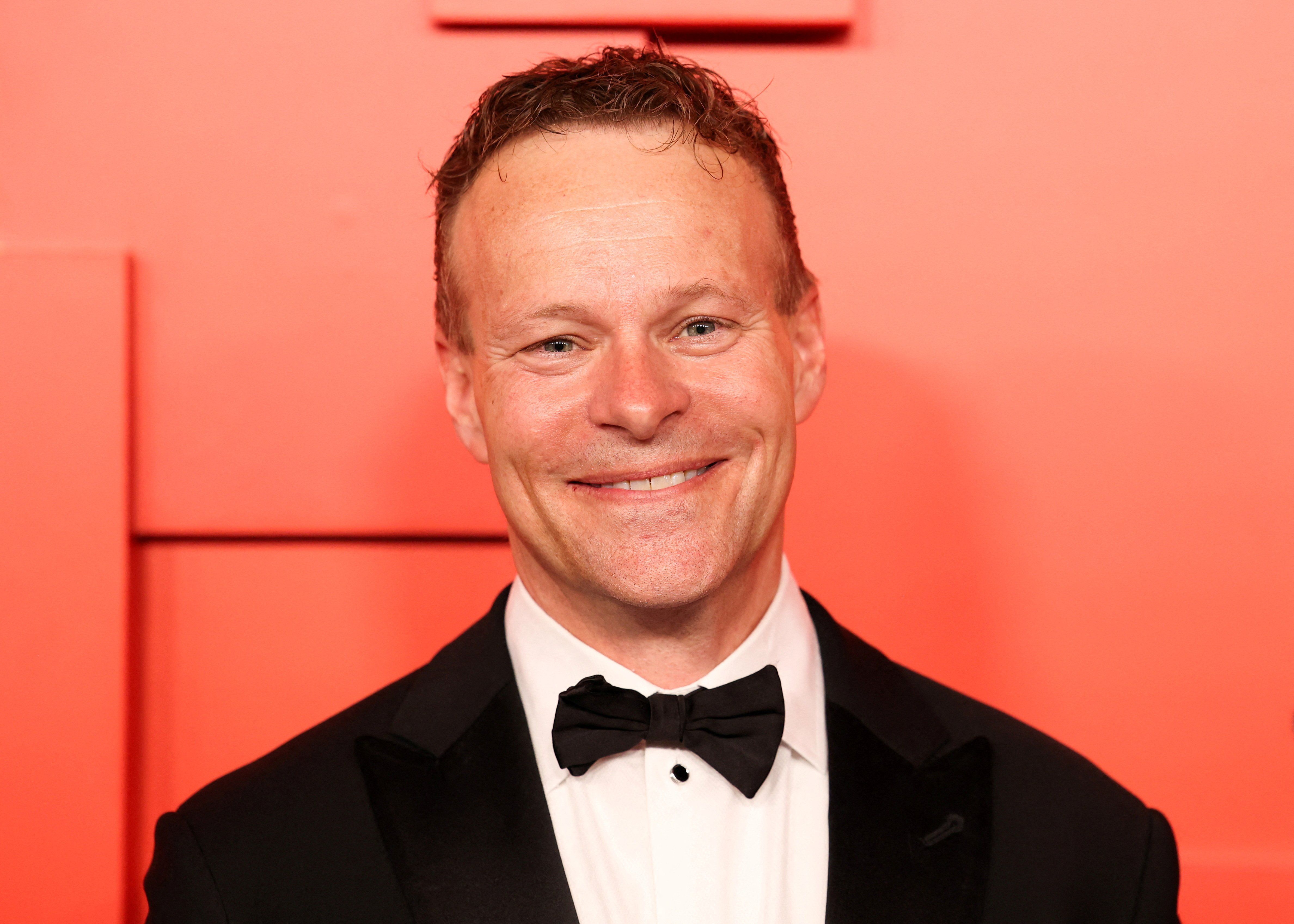June 07, 2023
Chris Licht was appointed less than a year ago to rescue a CNN reeling from poor ratings and declining trust. On Wednesday he was fired.
The ice had been thinning under Licht for months, but a blistering 15,000 word profile in The Atlantic earlier this week was the coup de glace, as it were: It portrayed a man whose mission of making CNN a less ideologically “liberal” and more widely trusted network was undone by an aloof management style, clashes with his predecessor, and disastrous programming gambles like last month’s Trump Town Hall.
It’s hard to deny that Licht had a real problem to solve: CNN, like many mainstream media, had struggled with how to calibrate its coverage of Trump, an immensely popular politician who obliterates norms (for better and for worse) and who tells overt lies that erode America’s democratic institutions. At times the network veered into a kind of breathless partisanship that Licht wanted to rein in.
But whether Licht’s failure was one of mission or approach, the same basic problem remains: mainstream news media in America are suffering a crippling crisis of trust. Barely a third of Americans think mass media report the news fairly. Less than a quarter think journalists act in America’s best interests. The only news channel in America that is overwhelmingly trusted is… The Weather Channel.
No one has found a good formula, at scale, for how to fix this. That is, how to treat anti-establishment perspectives fairly without platforming insidious lies, how to make good, hard-hitting journalism profitable in a polarized world where outrage seems to pay the bills, and above all how to cover Trump.
The fact that the highest profile attempt to “fix” a mainstream media platform’s perceived trust deficit ended barely a year after it began would be sobering at any time, but it’s a particularly bad omen ahead of a 2024 presidential election cycle that promises to be at least as polarizing, chaotic, and disorienting as the last two.
In the fateful Atlantic profile, Licht said that, after 2016, “the media … absolutely learned its lesson.” Did we?
Tell us what you think. Does the media have a trust problem? If so, why, and how should it be solved? Include your name and location and we may select your comment for publication.
From Your Site Articles
More For You
A photograph posted by U.S. President Donald Trump on his Truth Social account shows him sitting next to CIA Director John Ratcliffe as they watch the U.S. military operation in Venezuela from Trump's Mar a Lago resort, in Palm Beach, Florida, U.S., January 3, 2026.
@realDonaldTrump/Handout via REUTERS
Most Popular
- YouTube
In this "ask ian," Ian Bremmer analyzes Trump’s recent meeting with Zelensky and how close (or far) Russia and Ukraine are from a peace deal.
Syrian President Ahmed al-Sharaa attends the military parade of the Syrian army in Umayyad Square in central Damascus to mark the one-year anniversary of the fall of the Assad regime, on Dec. 8, 2025.
Mohammed Al-Rifai/dpa via Reuters Connect
A year ago this month, Syria’s brutal dictatorship collapsed. There are signs of recovery, but sectarian violence threatens to undermine the optimism.
© 2025 GZERO Media. All Rights Reserved | A Eurasia Group media company.
